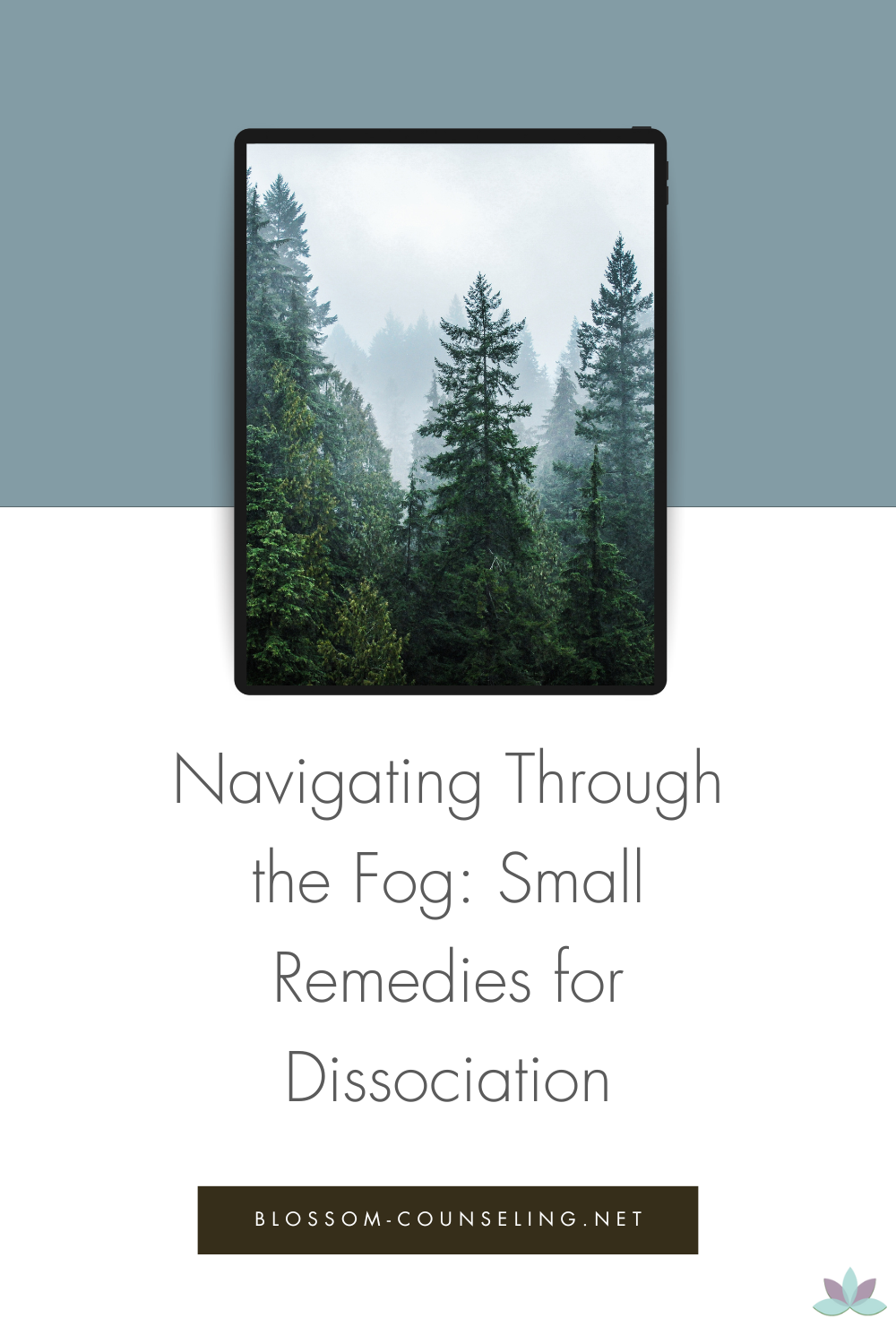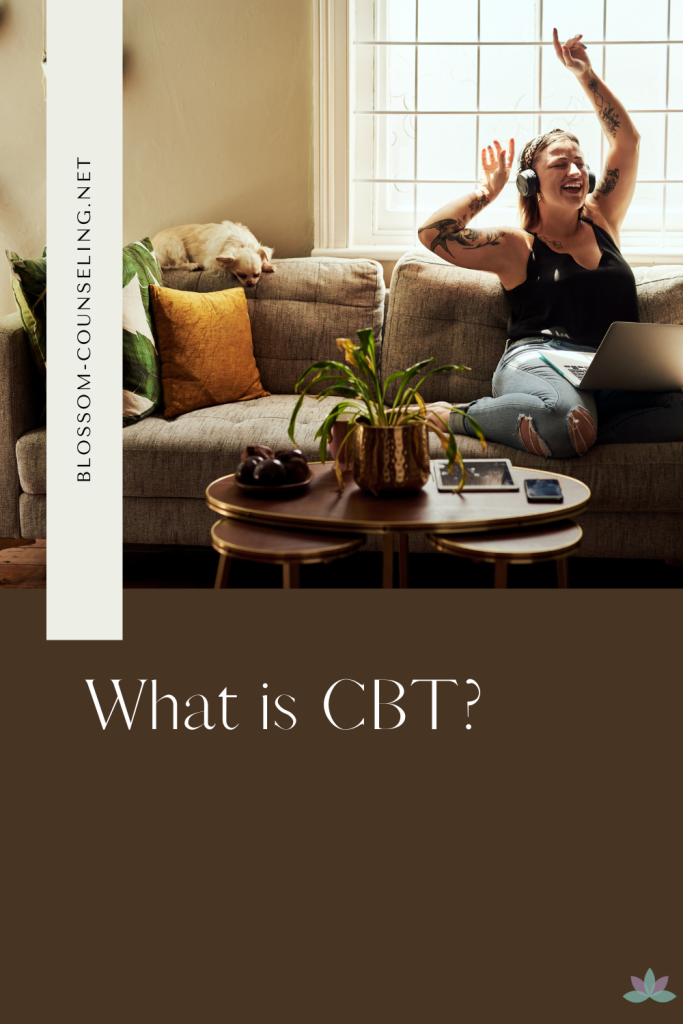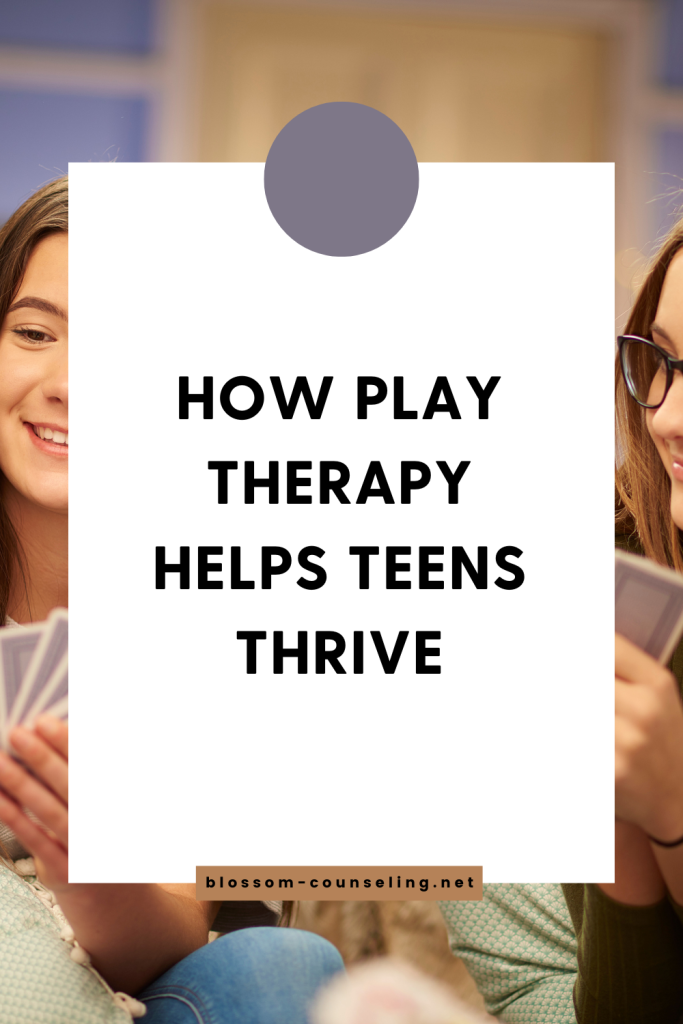
Have you ever felt like you’re watching your life unfold as if you were a spectator, rather than living in the moment? Perhaps you’ve experienced moments where the world seems unreal, as if you’re detached from your surroundings, watching through a foggy lens. This feeling, known as dissociation, can be disorienting and unsettling, leaving you feeling disconnected from yourself and the world around you.
Dissociation is a psychological defense mechanism that ranges from mild daydreaming to more severe forms, such as dissociative identity disorder. It’s the mind’s way of coping with too much stress, trauma, or overwhelming emotions by “checking out.” While it can serve as a temporary escape from reality, frequent or intense dissociative episodes can impact daily functioning and overall mental health.
The good news is, there are small, manageable strategies you can incorporate into your daily routine to help ground yourself and reduce episodes of dissociation. Let’s explore some of these practical remedies that can help you stay connected and present.
1. Mindful Breathing
Mindful breathing is a powerful anchor, bringing you back to the present moment. When you notice the onset of dissociative feelings, pause and focus on your breath. Take slow, deep breaths, inhaling through your nose and exhaling through your mouth. Concentrate on the rise and fall of your chest, the sensation of air filling your lungs, and the calming rhythm of your breathing. This practice can help center your thoughts and alleviate feelings of detachment.
2. Sensory Engagement
Engaging your senses can also serve as an effective grounding technique. Carry an object with a distinctive texture, scent, or color that you can focus on when you feel dissociated. Touching something cold, like a stone, or something soft, like a piece of fabric, can help. Savoring a strong flavor, like a mint or a piece of chocolate, can also draw your attention back to the here and now. These simple sensory experiences can interrupt dissociative episodes by reconnecting you with the physical world.
3. Stay Connected
Social isolation can exacerbate feelings of dissociation. Staying connected with friends, family, or a support group can provide a sense of belonging and reality. Sharing your experiences with others who understand can also make you feel less alone and more grounded. Even if social interactions feel daunting, try to maintain regular contact through messages, calls, or small gatherings.
4. Create a Routine
Establishing a daily routine can provide structure and a sense of normalcy, which is particularly beneficial if you’re prone to dissociation. Having predictable patterns and activities can help you stay focused on the present and reduce the likelihood of dissociative episodes. Incorporate activities that you enjoy and that give you a sense of accomplishment, even if they’re as simple as making your bed or preparing a meal.
5. Practice Grounding Techniques
Grounding techniques are designed to redirect your attention from the dissociative experience to the present moment. One popular method is the “5-4-3-2-1” technique, where you identify five things you can see, four things you can touch, three things you can hear, two things you can smell, and one thing you can taste. This exercise can quickly help bring your focus back to reality.
6. Seek Professional Help
If dissociation is significantly impacting your life, it’s important to seek professional help. A mental health professional can offer personalized strategies and therapies, such as cognitive-behavioral therapy (CBT) or eye movement desensitization and reprocessing (EMDR), to address the underlying causes of dissociation and teach you more effective coping mechanisms.
Dissociation can make you feel like you’re lost in a fog, but remember, you’re not alone. Small, daily practices can help you find your way back, keeping you anchored in the present moment. Embracing these strategies can be a step towards not just coping, but thriving, in your journey towards mental well-being.
|
|




